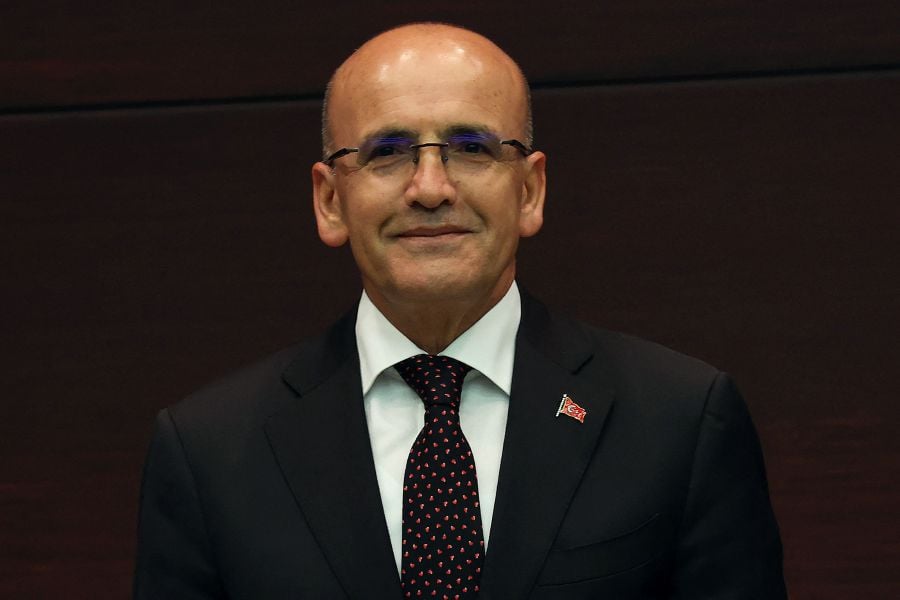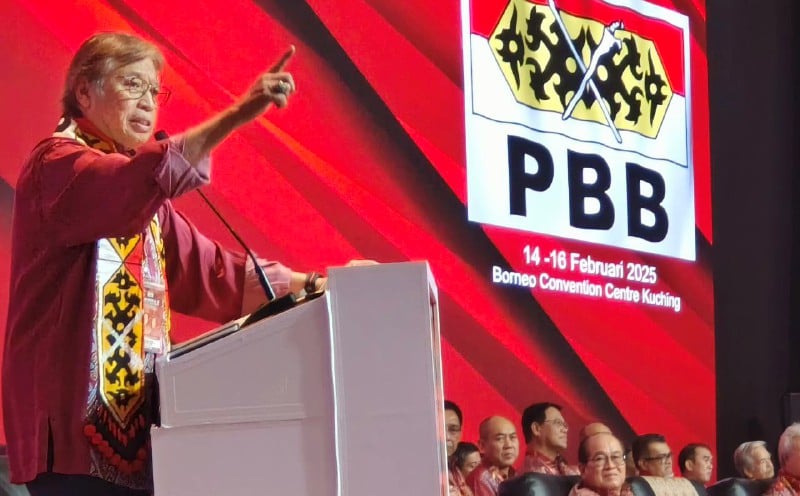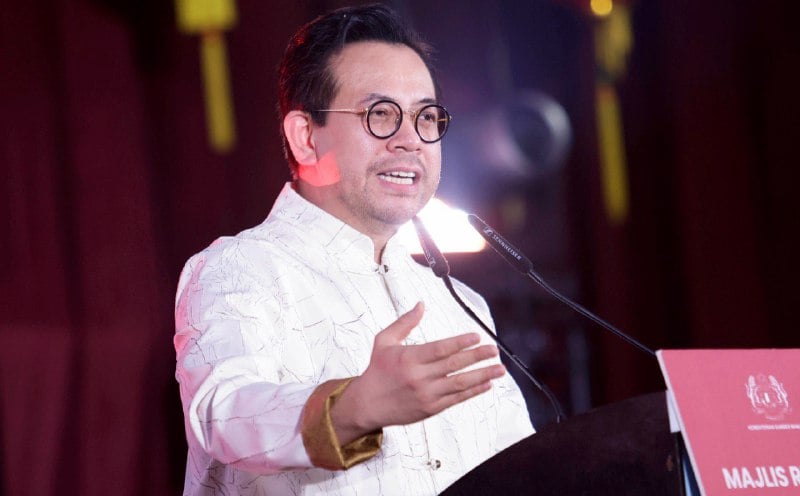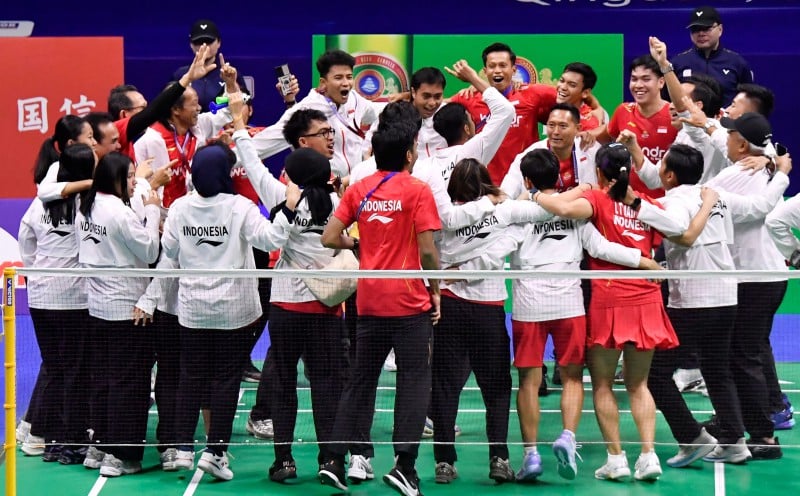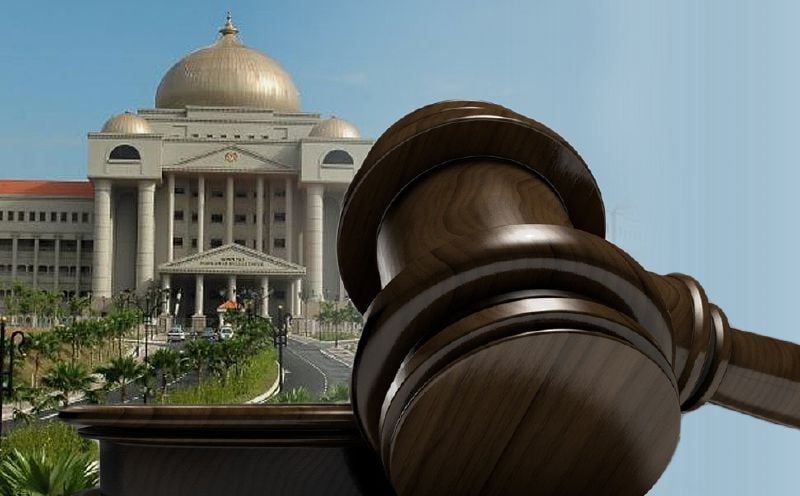INTERNATIONAL investors have welcomed respected veteran policymaker Mehmet Simsek's return to the top of Turkiye's Finance Ministry, hoping his appointment will come with a licence to steer the country away from the financial precipice.
Newly re-elected President Recep Tayyip Erdogan named Simsek to his cabinet on Saturday to tackle economic strains that have embedded inflation and vaporised tens of billions of dollars of foreign exchange reserves.
"New Finance Minister Simsek's first statement was to bring transparency, consistency, predictability and compliance," said Hakan Aksoy, of asset manager Amundi, noting that it fuelled "our optimism for a policy shift going forward".
But, unwinding years of unconventional policies — such as cutting interest rates despite surging inflation — and regaining the trust of investors who have been repeatedly burned by various bouts of market turmoil will take far more than one appointment.
The trajectory of monetary policy — a crucial piece to restoring a functional market and investor confidence at home and abroad — is still unclear.
Erdogan is also expected to name a new central bank head in the coming days ahead of its next scheduled rate setting meeting on June 22.
Turkiye's inflation at just below 40 per cent and its interest rate of 8.5 per cent mean it has the lowest "real" interest rate of any sizable economy in the world.
The careful management of the lira has depleted foreign reserves by tens of billions of dollars.
These policies, which along with encouraging banks to give cheap loans have been dubbed "Erdonomics", have driven most foreign investors away and leave a complicated knot for the finance minister to untangle.
Talk of appointing US-trained finance executive Hafize Gaye Erkan to lead the central bank boosted confidence that the bank will raise rates — a sore point for investors who believe unusually low rates are driving high inflation and holding back local investment.
Erdogan, a self-described enemy of high interest rates, will have to prove that he will allow Simsek and the central bank, which has had four governors in as many years, to do what they think is necessary, even once it begins to reverberate through the economy, causing short-term pain.
"It will not be easy for long-term strategic investors to come back. It will probably be months, if not years," said Emre Akcakmak at asset manager East Capital.
"Investors, foreign investors, may have hard feelings due to previous experience with changes, with frequent changes in key positions in the economy."
Policymakers will also need to grapple with some US$121 billion depositors have in depreciation-protected bank accounts — accounting for almost a quarter of all Turkish deposits.
So far, the signs for fiscal policy are encouraging. Simsek said on Sunday, the country had no choice but to return to "rational ground" to ensure predictability in the economy.
Investors also pointed to the weakness in the lira, which has fallen more than eight per cent since the election and hit a record low of 21.8 to the dollar on May 31, as an encouraging sign that the government is loosening its grip on the currency.
Prior to the election, the lira had moved more than 0.25 per cent on only a handful of days since early November.
"We are far from the point where the Turkish lira is attractive," said Lamine Bougueroua, a senior emerging market fund manager at Union Bancaire Privée, adding that they would want to see a further 20 per cent depreciation to consider investing.
"Everybody knows what needs to be done, which is to fix monetary policy."
The writers are from the Reuters news agency


